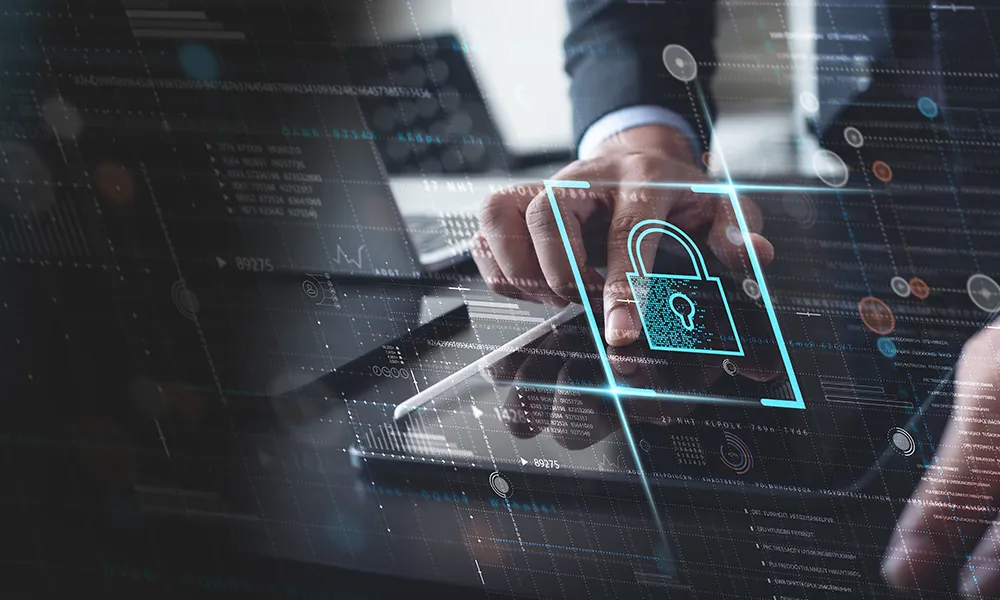Defect detection has become an essential part of the manufacturing process, with the need for high precision and quality control. The process of detecting defects in manufacturing involves the use of machine vision integrators that provide an automated solution to identify and classify defects. Deep learning, a branch of artificial intelligence, has revolutionized defect detectors by providing a faster and more accurate solution. In this article, we will discuss the application of deep learning in defect detection.
Improved Quality Control
Deep learning algorithms can significantly improve the quality control of manufactured products. By automating the defect detection process, manufacturers can identify and correct issues faster, reducing the number of defective products released into the market. This leads to higher customer satisfaction and reduces the risk of product recalls, which can be costly and damaging to a company’s reputation.
Real-time Defect Detection
Deep learning algorithms can analyze images in real-time, making them ideal for applications where defects need to be detected quickly, such as in high-speed production lines. This allows manufacturers to quickly identify and address issues, preventing defective products from entering the market.
Reduced Labor Costs
By automating the defect detection process, manufacturers can reduce labor costs associated with manual inspection. This allows companies to allocate their resources more efficiently and focus on other aspects of the manufacturing process.
Customizable Solutions
Deep learning algorithms can be customized to meet the specific needs of a particular manufacturing process. This allows manufacturers to tailor the defect detection process to their specific products, leading to a more accurate and efficient solution.
Integration with Other Technologies
Deep learning algorithms can be integrated with other technologies, such as robotics, to create a fully automated manufacturing process. This can lead to significant improvements in efficiency and productivity, allowing companies to produce more products in less time.
Industry-Specific Applications
Deep learning has a wide range of applications in various manufacturing industries, including automotive, food and beverage, pharmaceuticals, and electronics. In each of these industries, deep learning algorithms can be customized to meet the specific needs of the manufacturing process, leading to improved product quality and reduced costs.
Improved Data Collection and Analysis
Deep learning algorithms can collect and analyze large amounts of data, providing manufacturers with valuable insights into their manufacturing processes. By analyzing data such as defect rates, manufacturers can identify trends and potential issues before they become significant problems.
Increased Productivity
By automating the defect detection process, manufacturers can increase productivity by reducing the time and resources needed for manual inspection. This allows companies to produce more products in less time, leading to increased revenue and profitability.
Defect detection is a critical part of the manufacturing process, and the use of machine vision integrators has made the process more efficient and accurate. Deep learning has further improved defect detection by providing a faster and more accurate solution. However, there are limitations to its use, and it is important to consider these when implementing deep learning in defect detection. Overall, deep learning is a powerful tool that can help manufacturers improve their product quality and reduce the risk of defective products being released into the market.











Comments